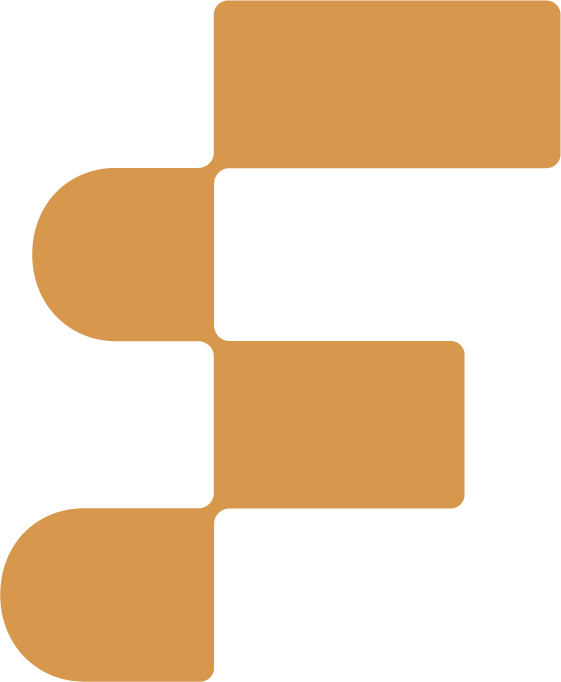What Is Holistic Career Coaching & How Can It Help?
Has your career stalled?
Are you stuck in a job that doesn’t satisfy you?
Are you dealing with a recent layoff?
Are you planning a job or career change and wanting to give yourself the best chance of success?
Have you recently moved into a more senior role but feel like a fraud and have lost confidence in yourself?
Do you worry you are out-of-touch with current recruitment and selection processes?
These are just some of the situations where career coaching could help you.
What are the key areas for career coaching?
Career coaching is a way of helping someone to overcome a challenge they are facing in their career. I use my training as a life and executive coach to tackle the personal and professional challenges my clients identify as important - and sometimes challenges they don’t immediately observe. I'm lucky to have had a broad range of experience and training, which means that I can provide coaching to help my clients overcome a diverse range of challenges. My support falls into one of three areas (though there are overlaps):
Helping someone to secure their next job (through practical help in developing their CV, LinkedIn profile, approach to job search and interviewing techniques).
Helping someone to develop certainty and plans for a career change (e.g. identifying what motivates them, working through complex criteria and developing a motivating plan of action).
Helping someone to feel more confident in themselves, and the value they offer by stripping away negative beliefs and helping them develop a compelling, authentic narrative.
As a career coach, do you give advice?
Traditional coaching (as defined by the Association for Coaching and the International Coach Federation) involves helping the client to find their own answers to their challenges and avoiding giving advice.
But career coaching is a little different. As a top-rated career coach, I welcome opportunities to use my experience to guide and advise my clients in certain situations. In this aspect, my role is rather more mentoring than traditional coaching. So perhaps the correct title should be career coach/mentor – it’s a bit of a mouthful, but a better description of my approach.
I believe that in career coaching, there are times when it is crucial to give advice. For example, when I help a client to improve their interview technique, I freely share my experience and knowledge of what will work best with my client. And when helping someone to improve their resumé, it’s essential that I advise them on what recruiters expect to see – and not see – in this vital document. I’d be failing my clients if I didn’t deliver this kind of guidance.
But when it comes to the more instinctive issues (for example, helping someone to uncover their true career goals, work out how to deal with a particular situation, decide on whether or not to change career, or build their confidence), it’s more powerful to help a client to solve their own challenge without imposing advice or opinion – which could easily be subjective. This is where the traditional coaching model and an objective, unbiased stance, is the most impactful.
What’s crucial is to give my client the time to talk through what they’re finding challenging. I listen carefully to what they say and then ask them powerful or insightful questions to help them get unstuck and move forward in their thinking. I also have exercises clients can complete to help fast-track their thinking or help them navigate through a particular career challenge.
Although I won’t give advice in these circumstances, I may share useful books, articles, talks, podcasts or courses for my client to consider, if I think this will help to expand their understanding of a particular area (for example, management skills, public speaking skills, career change options, leadership skills).
How does it work?
The coaching program length will differ depending on your objectives.
Following a 30-min consultation, to ensure you're a good fit with me and my practice, I invite you to start with three 1-hour sessions. After each session, I'll share detailed notes, next steps and exercises, where relevant, that help support and/or accelerate your progress.
I encourage you to approach each Discovery Session with an open mind. In my experience, the more a client tries to press results, the further they may stray from meaningful progress. Pressing for money works in a similar way. You're best off approaching each session relaxed, ready to be honest and thoughtfully engaged with my trained facilitation.
At the conclusion of the third session, I'll invite you to another free 30-minute 'Review Session'. This serves as our opportunity to reflect on progress and decide whether continuing our work together is something we both agree is worthwhile to support your personal and/or professional objectives. If so, I'd prepare a customized recommendation.
There’s no set duration to the support programs I design - they're personalized to your objectives and circumstances.
All my sessions take place remotely via Google Meets.
How often do coaching sessions take place?
In my practice, the frequency of your sessions is driven by you, via a link to my calendar. That said, you will need time to digest each session, work through exercises, and/or taking agreed actions. The most common iteration is weekly or every other week. I wouldn’t leaver longer than a month between sessions, as the momentum and impact will be lost if too much time passes between sessions.
Is everything discussed during a coaching session confidential?
Absolutely, yes. Clients can trust that nothing they share with me will be discussed with anyone else.
You mentioned your own breadth of experience – how can this help the coaching client?
Career coaches have varied experience and generally they will coach around their specific areas of experience or training. I’m lucky to have a broad spread of experience and training, which means that I can provide coaching to help my clients overcome virtually any career challenge.
My career has involved various projects in the HR space, including Recruitment Operations and Organizational Change. That means I’m familiar with many of the challenges people can face when trying to make career changes or deal with lay-offs. I also have a practical understanding of the way recruitment works today, and what candidates can face when it comes to the application, selection and interviewing process.
If you would like to find out more about how career coaching could help you through a career challenge, a change of job or career track, contact me by email, or book a free 30-minute consultation.

